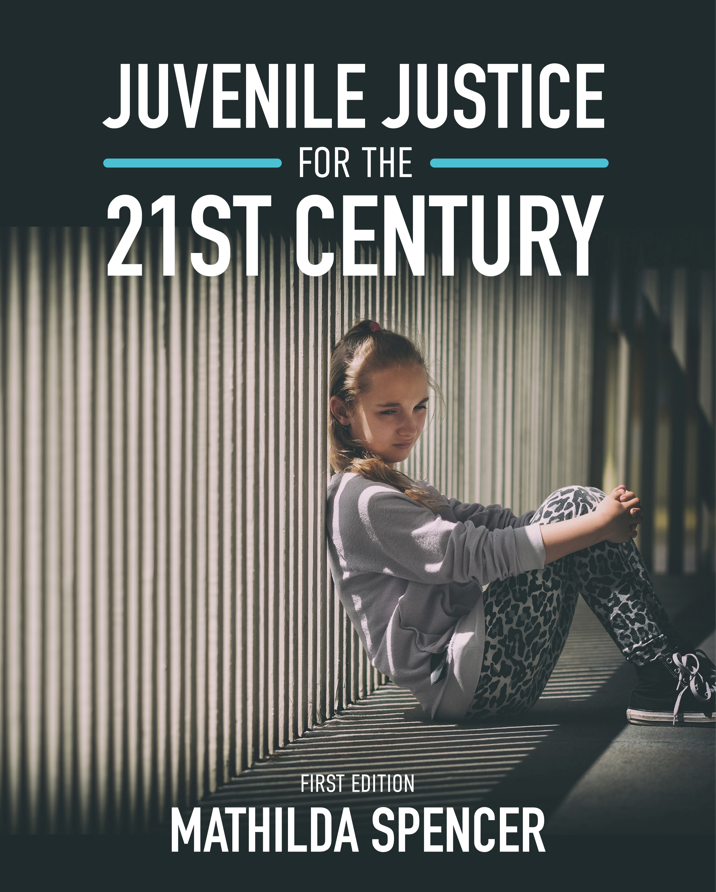What inspired you to edit Juvenile Justice in the 21st Century?
Times have changed, and this book is designed to be an addition to any class on juvenile justice regarding the most relevant topics and populations that must be addressed in the 21st century.
The text explores the ways in which societal issues impact youths and the juvenile justice system. What do you feel are some of the most influential and impactful issues influencing and shaping the juvenile justice system today?
I think one of the biggest challenges facing the juvenile justice system and society is the issue of mental health. I feel that the pandemic has exacerbated a problem that was already difficult to address. The original purpose of the juvenile court was rehabilitation. Faced with mental issues, escalating violence, limited resources, the system—and our society—must become more creative with providing resources to youth before they become delinquents and not after. However, we continue to be more reactive than proactive and therefore we see problems escalate and the system becoming overwhelmed with their search for solutions and often relying on punishment rather than rehabilitation.
What was the most challenging aspect of organizing this anthology? The most rewarding?
The most challenging aspect of organizing this anthology was limiting the number of articles that are included. Truthfully, there is a lot of great research being done, but I had to make sure that I used the research that was the most current and relevant to the topic.
The most rewarding is the response from the students. I use this anthology for both doctoral and undergraduate students. A doctoral student who anonymously evaluated the course stated, “I thought there were a lot of books for the class. The Spencer book is really the best book. This book is straight to the point and tells you the facts. Some of the other books you could spend hours on reading a repeat on the same material.”
How has your textbook enriched your teaching experience and your students’ learning experience?
Every profession has its own “professional lingo”, my text requires that the students define and thus understand these terms. Additionally, the questions are designed for critical thinking. To not just learn about a topic, but to read and discuss how to address the current juvenile justice issues facing professionals and the juvenile justice system. I hope that the students find the topics covered relevant to the issues that they will face when they move into their careers because while my textbook focuses on juvenile justice, issues of race, the LGBTQ community, etc. are those addressed throughout the criminal justice system.




